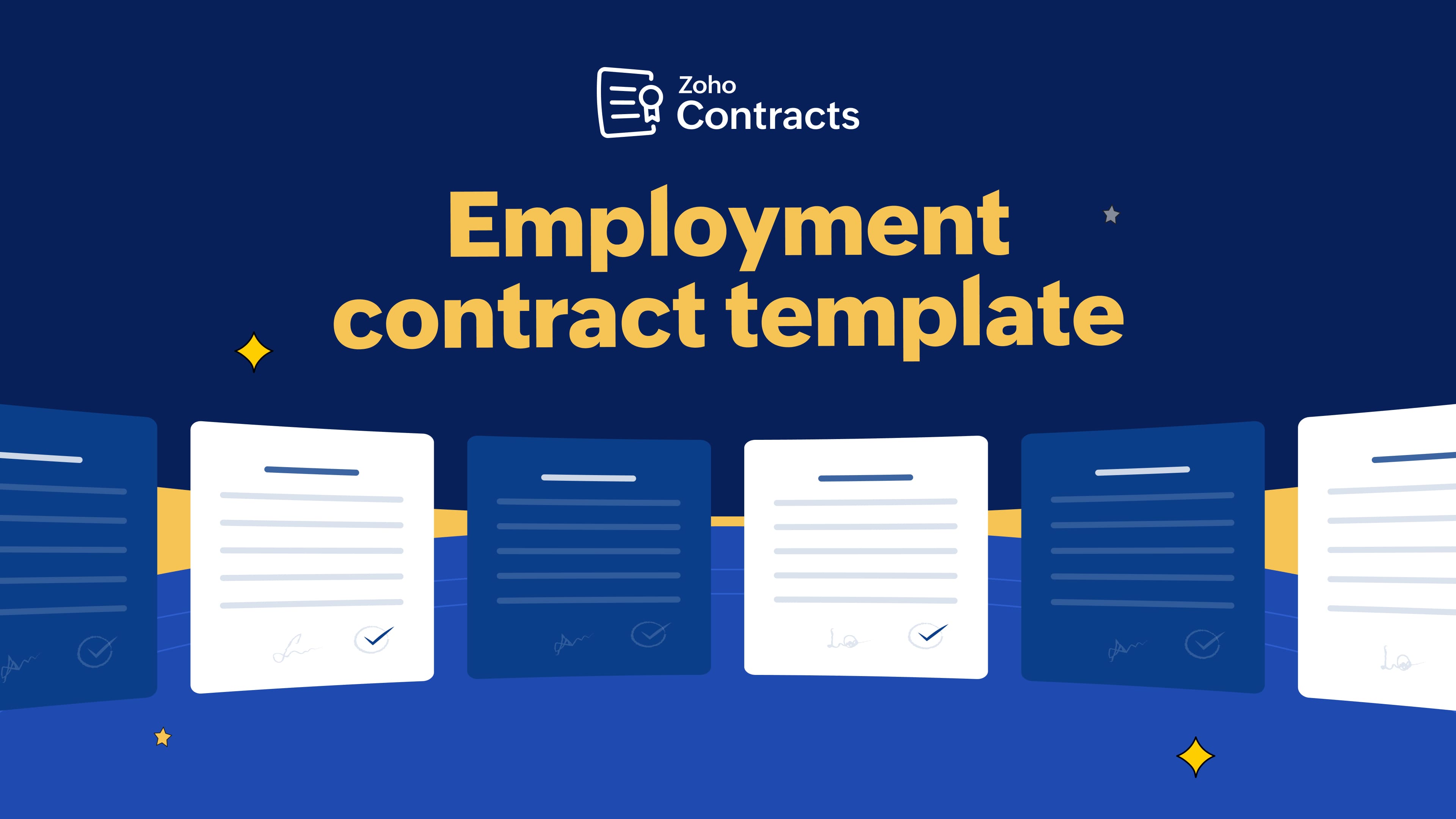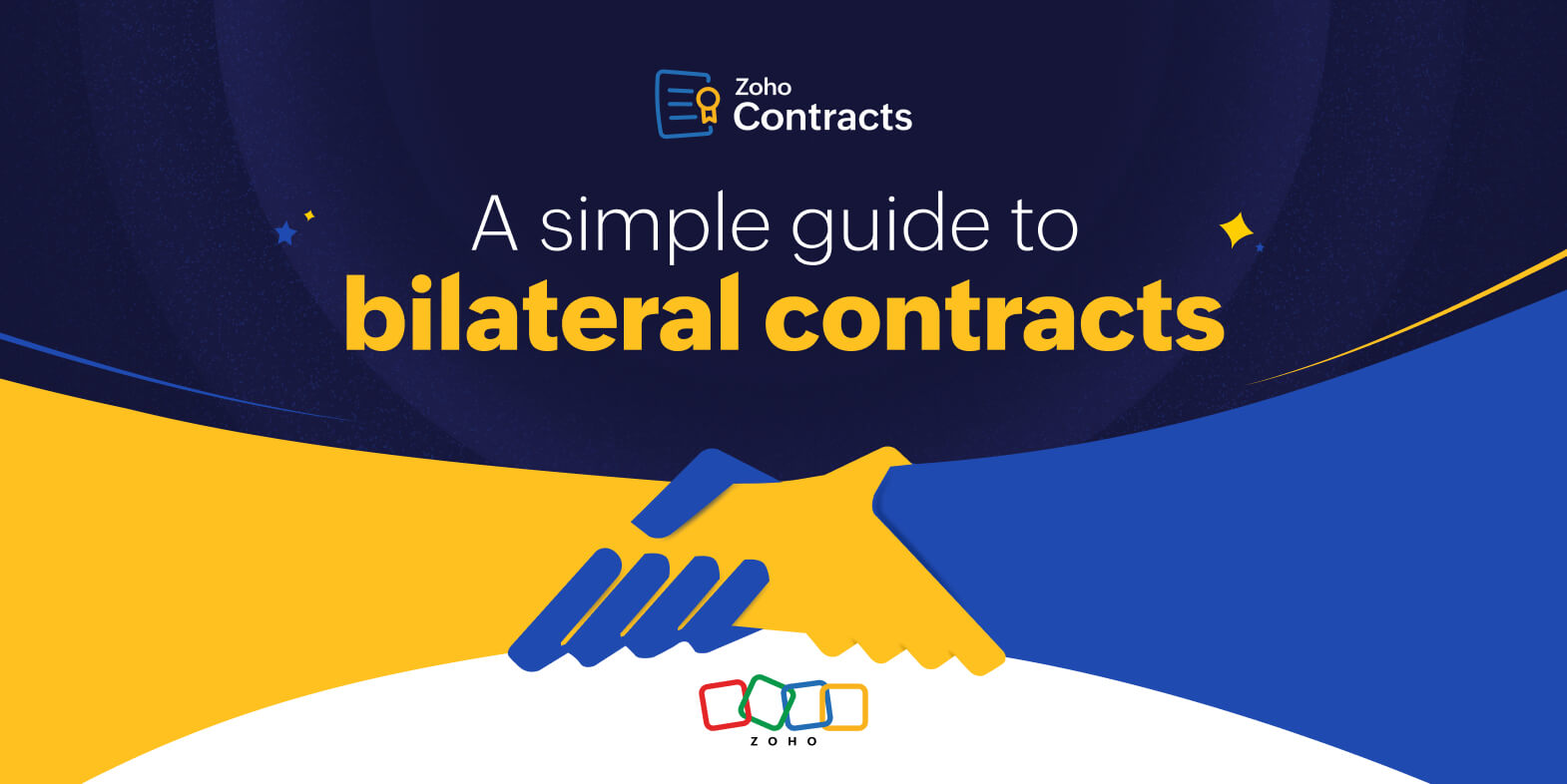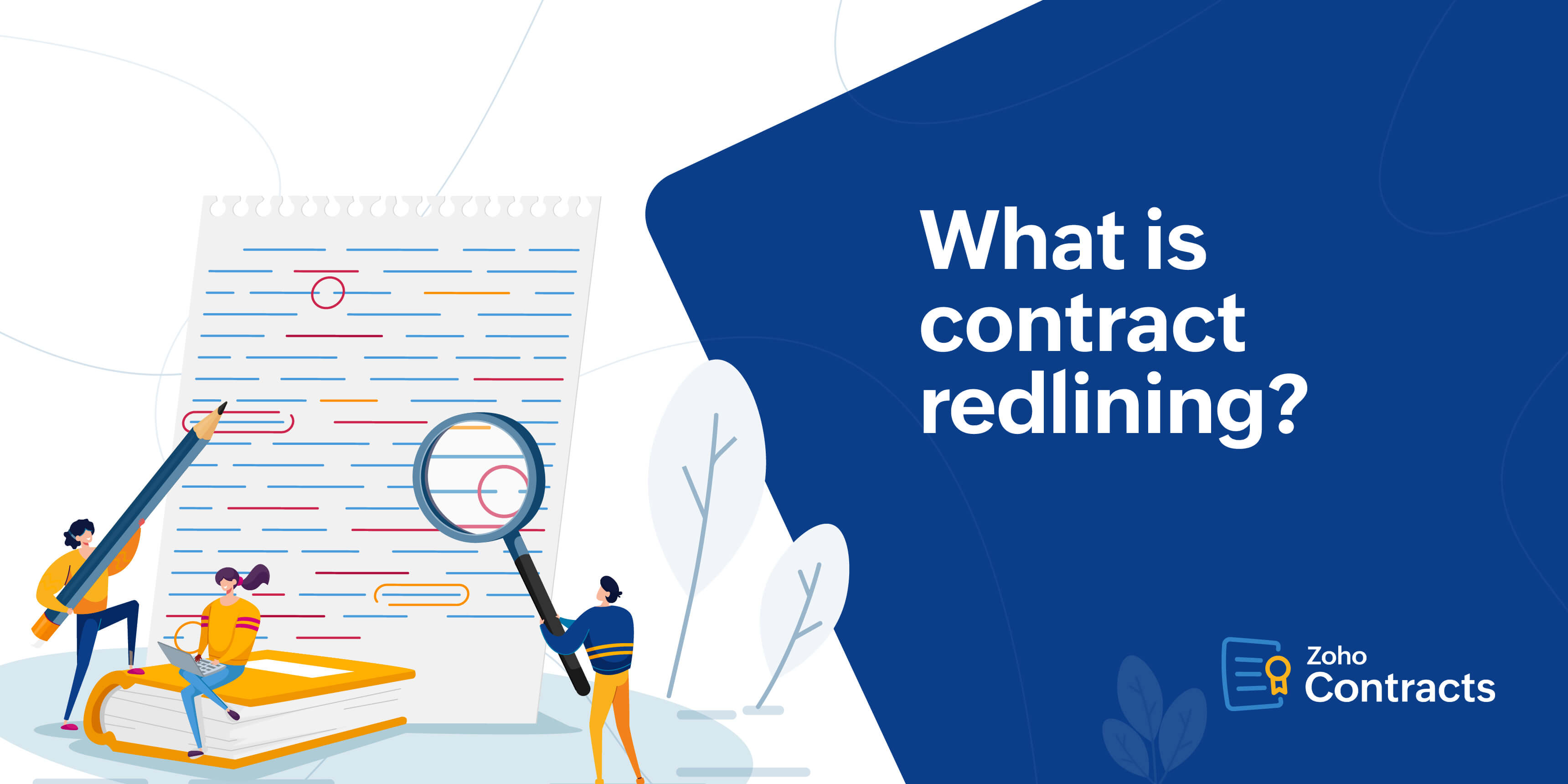- HOME
- Legal Insights
- Six tips to strengthen your contract negotiation strategies
Six tips to strengthen your contract negotiation strategies
- Last Updated : November 18, 2025
- 2.1K Views
- 5 Min Read

What is contract negotiation?
Negotiation is one of the most critical stages in a contract lifecycle. At this stage, the involved parties enter into a discussion, negotiate critical contractual terms, and arrive at a mutually beneficial contract for their business relationship. When negotiating contractual terms, the parties also decide their obligations and prepare for future risks and liabilities.
Robert Frost once said, "Good fences make good neighbors." This holds true for business relationships as well. An effective contract negotiation defines clear boundaries and minimizes potential conflicts.
Like in any skill, there are subtle nuances in contract negotiation that one masters with experience. However, following negotiating tips that have been tried and tested can help refine your approach.
Though contract negotiation strategies vary based on the contract type, intended outcome, and parties involved, the following negotiation tips apply to most situations.
Be prepared
Maintain a collaborative tone
Be clear and concise
Seek legal advice
Stay flexible
Stick to your strategic goal
Let's look at these tips in detail to help you transform your contract negotiations into a competitive advantage and implement a successful contract negotiation process in your contract lifecycle management.
Be prepared
Before entering a negotiation, the first thing to do is read the entire contract, understand all contract terms, and be clear about your business goals. The clearer you are with what you want from the contract, the better your chances to attain those objectives.
Use the "SMART" framework to define goals. SMART expands as Specific, Measurable, Attainable, Relevant, and Time-bound.
Based on the contract subject matter, do research on all applicable contract and regional laws. Developing sound legal knowledge allows you to effectively negotiate terms with compliance in mind. Also, analyze past contracts, skim for friction points, take lessons, and implement them in the current contract negotiation strategies.
Conduct extensive background research on your counterparty to know their objectives, standards, pain points, and limitations. Thoroughly evaluating your counterparty helps strategize your approach.
With the acquired details of your counterparty, anticipate potential challenges and know your risk appetite to handle them better. Be clear and transparent about how much risk you can take, considering critical aspects such as revenue and timeframe. Knowing your limitations clarifies what things you can compromise on and the ones you can't.
Maintain a collaborative tone
Though the early research provides enough data, it's how you communicate it to your counterparty that decides your relationship's tone. Be collaborative and assertive when expressing your opinions.
Be an active listener. It helps you understand your counterparty's motives better, avoid missing important cues, and make informed decisions. When you truly intend to arrive at a win-win situation for you and your counterparty, you naturally encourage them to ask questions, acknowledge their interests, and constantly find ways to achieve mutual goals.
Never let your emotions affect negotiations. If the counterparty takes a hard line on certain issues, ask "Why" questions rather than demanding. Having a positive attitude and combating aggression with calmness pays off when the going gets tough. They also help avoid conflicts. Finally, it's a good practice to end each negotiation cycle on a positive note.
Be clear and concise
Listen to understand, speak to be understood. One of the key factors for effective negotiation is expressing your ideas or opinions clearly and precisely. For instance, it's essential to clearly communicate what you're hoping to walk away with and what your limits are.
When exchanging any information with your counterparty, know the exact purpose and impact that it would create. Try and convey this to the counterparty. Doing so helps parties identify their discords and bridge differences faster.
Back your opinions or thoughts with adequate evidence such as value sheets, comparison charts, or testimonials. This is one of the effective contract negotiation strategies to be persuasive without being pushy, all while building trust.
Seek legal advice
When negotiating critical contracts or when in doubt, seek the help of experts or lawyers. Onboarding a legal expert during negotiation helps you pay attention to fine details that you could have otherwise missed. Having an expert on your side will also enable you to ask the right questions and stay aware of the risks and benefits involved across all aspects.
Looping in experts with experience dealing with similar contracts can strengthen your strategy. They also usually help bring down contract cycle times.
Stay flexible
Unfortunately, negotiations don't always pan out according to Plan A, as there could be a real challenge for the counterparty in accepting specific terms. Therefore it's always important to enter negotiations with a flexible mindset and suitable alternatives.
To offer acceptable alternatives or compromises:
Collect all signals and cues throughout the negotiation
Figure out shared interests or common ground with your counterparty
Take enough time to find alternatives that create an ideal win-win scenario
Whenever you find the counterparty claims reasonable, be willing to customize contract terms to accommodate them. This is a critical factor in winning the counterparty's trust.
Be willing to change, but know where your boundary lies. When offering alternatives or making a compromise, ensure you don't abandon your ultimate goals or targets.
Stick to your strategic goal
Walk away when you have to. Despite all alternatives, if the counterparty demands something you can't offer or if what they offer doesn't work for you, say "no," because agreeing to such terms and failing to fulfill obligations may have lasting effects on yourself and your company.
Keep track of all changes made in each negotiation cycle and compare them to detect deviations from decided goals or contract negotiation strategies. This helps to stay alert and avoid unnecessary concessions.
Business negotiations are highly unpredictable. Though you follow all tactics and stay well-prepared, new challenging situations may crop up while negotiating. The key factor that separates good negotiators from others is the strong belief and confidence in what they're negotiating for. Walking in with an air of confidence and staying assured that you can successfully tackle any situation during the process helps you take creative approaches to address the issues right away.
Also, in today's dynamic business conditions, where most meetings and negotiations are on the phone or over the internet, focus on what you can control and adapt to the change. And if you're interested in learning how technology can improve your contract negotiation outcomes? Read how Zoho Contracts addresses the typical operational challenges that organizations face during contract negotiations.
 Heleena
HeleenaHeleena is a writer based in Chennai, India.


